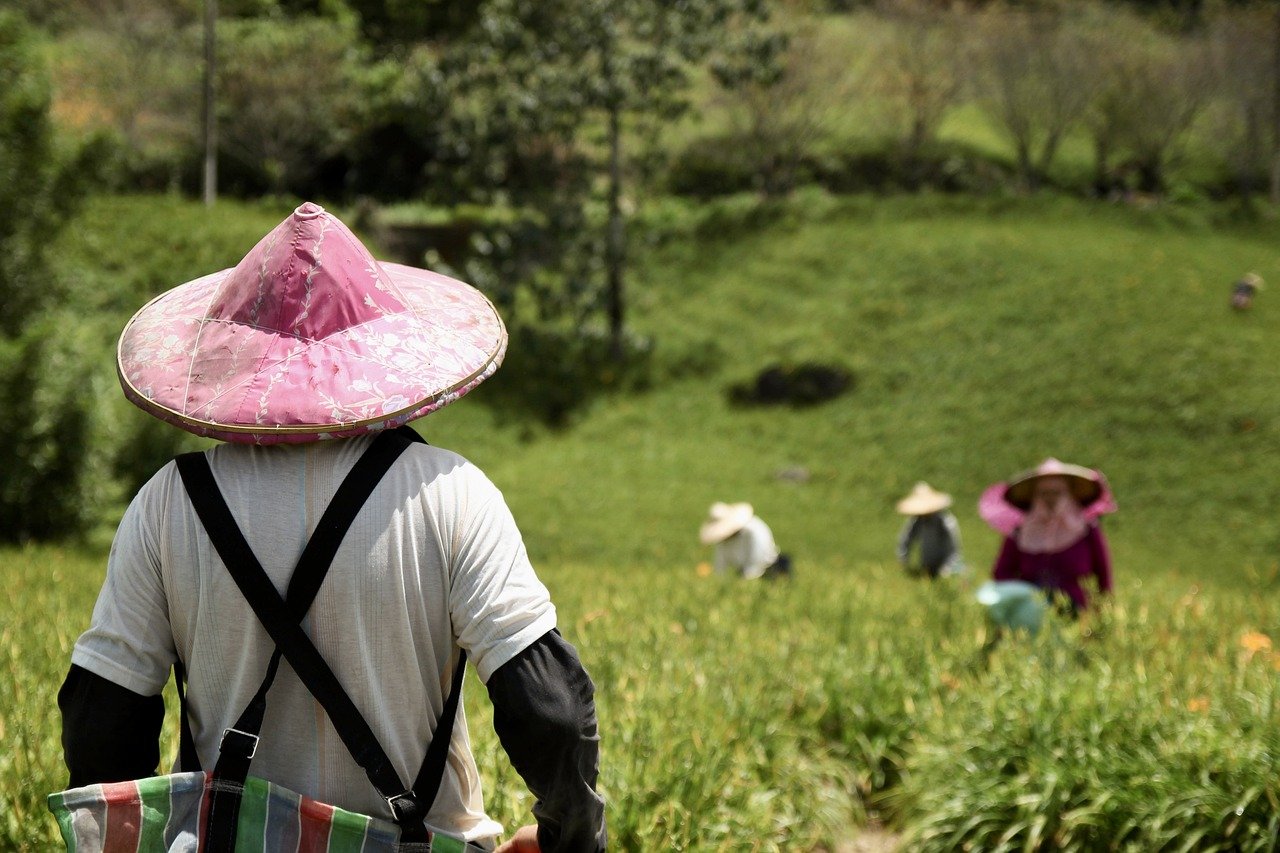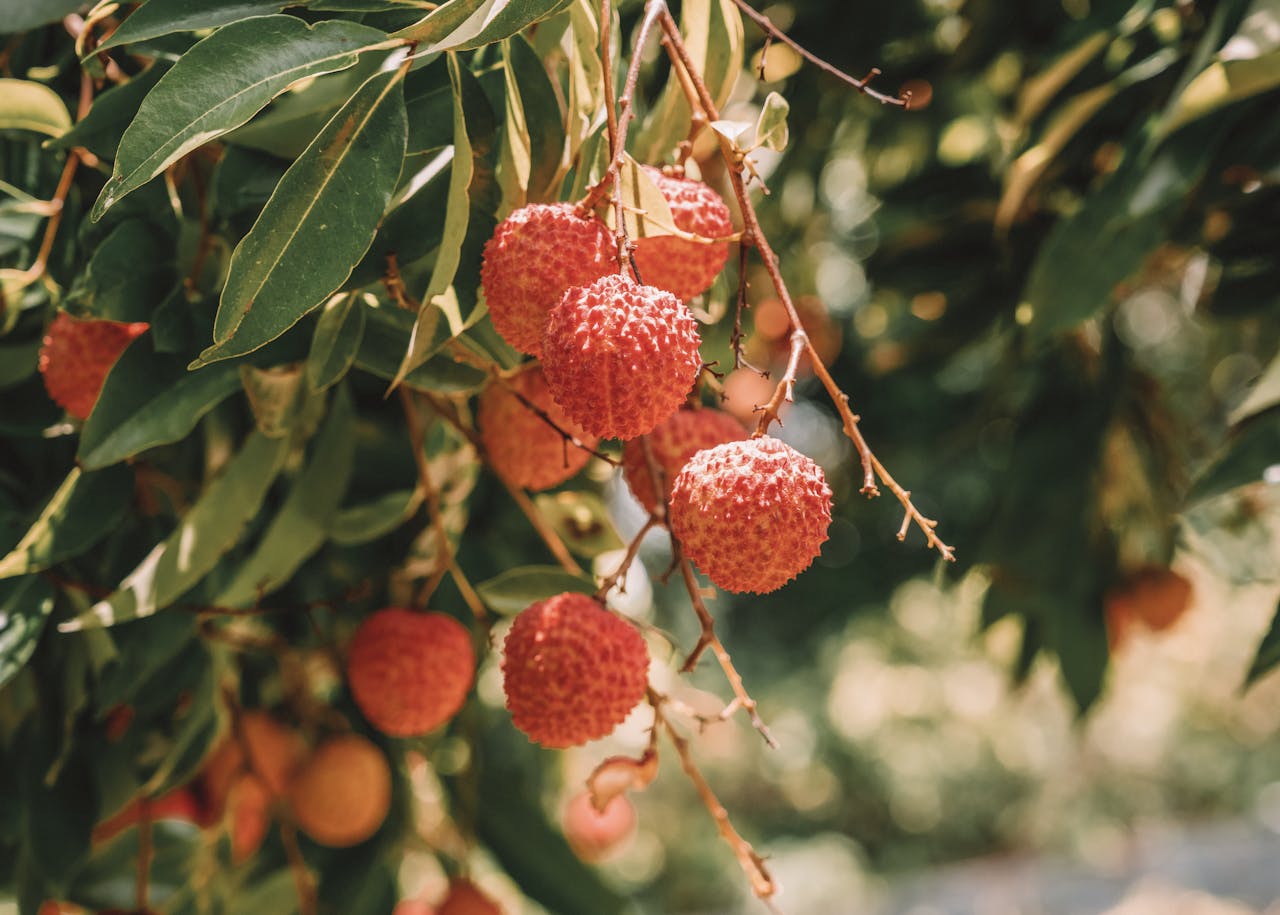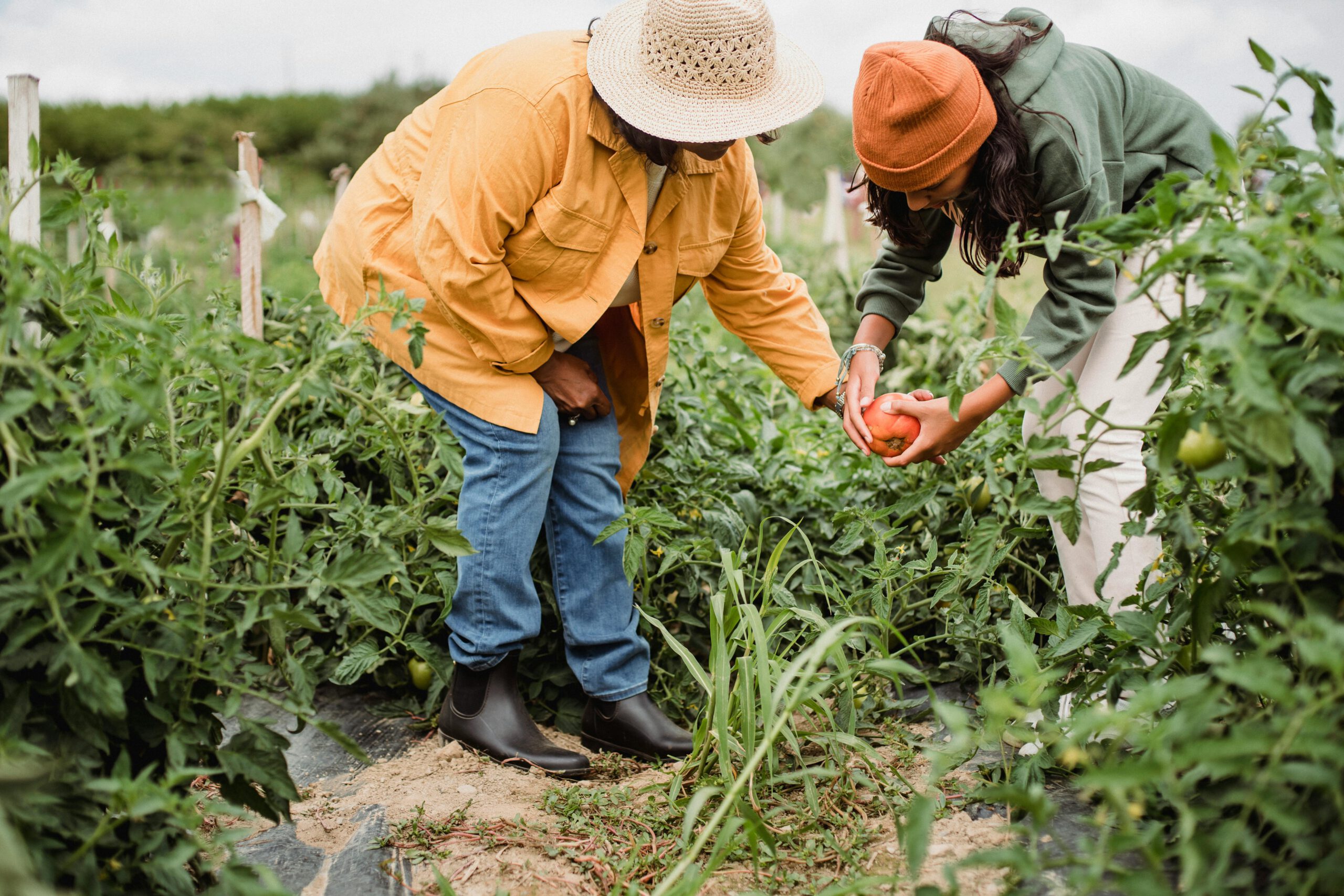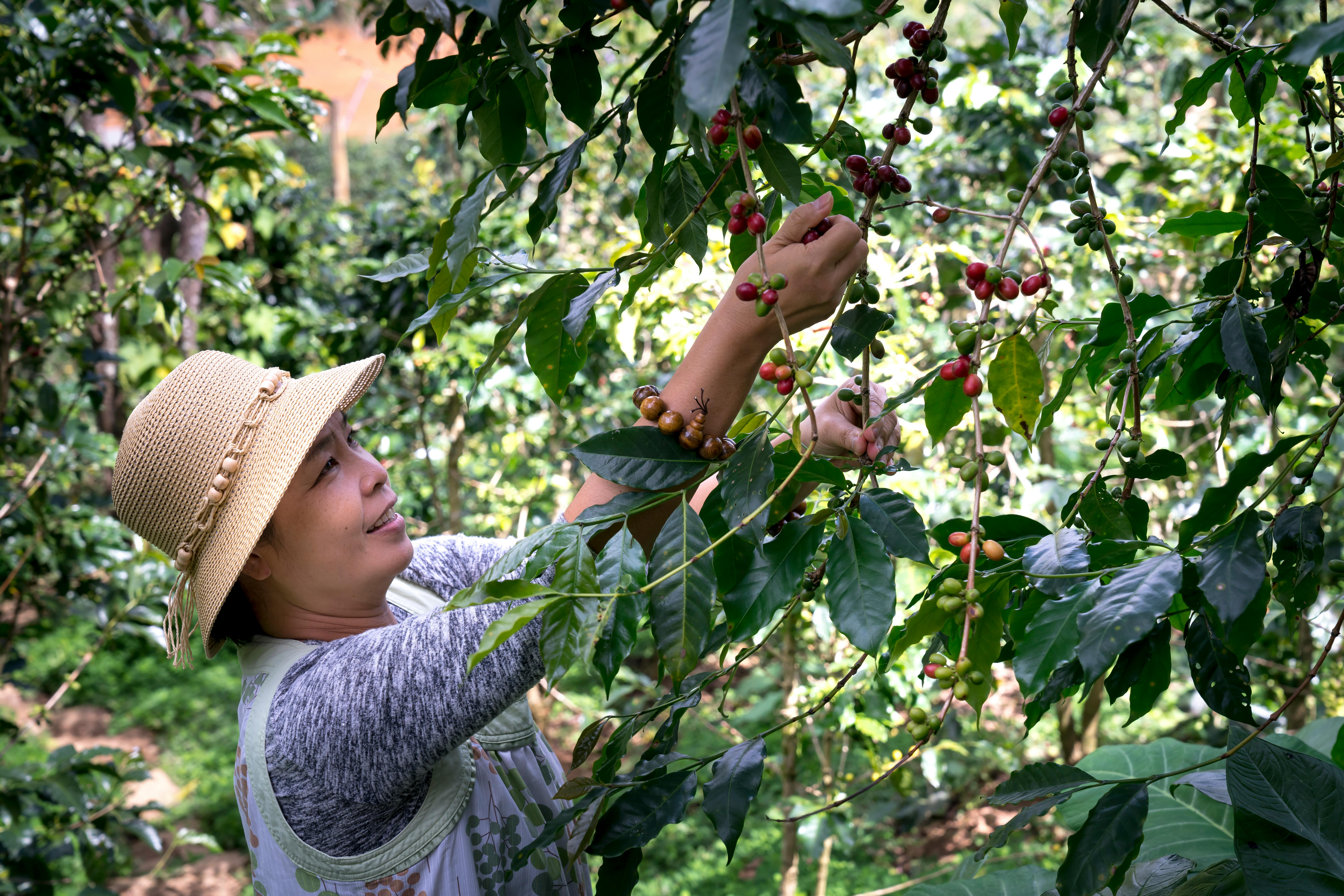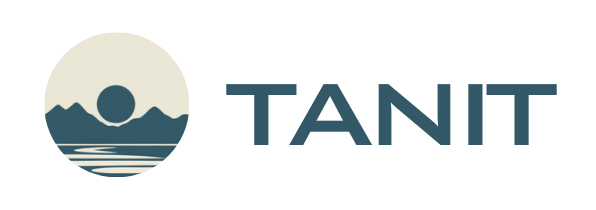1. First, contact us via email at (info@tanit.solutions) or use the contact form. In your message, please provide basic information such as your country, the type of crops you currently and plan to grow, and whether you are currently aligned with ecological and regenerative farming practices. It does not matter if you are practicing monoculture or polyculture.
2. Once we receive your message, we will schedule a virtual meeting with our team. In this first 30-minute meeting, we will listen to your current challenges, suggest first possible steps, and answer any questions you may have about costs and risks.
3. If you decide to proceed after the meeting, we will set up a second call to determine which plants might work based on your location and the estimated costs related to seeds based on planting area and, if you wish, drip irrigation systems and other bio-inputs. If you’d like to commence the intercropping process, we will send you a contract to sign and allocate a local TANIT Tech to perform a soil sample and biodiversity assessment of your field. This will give us a baseline of soil health and influence the kind of crop combinations.
4. The soil sample results will help confirm if the suggested crop arrangement has a good chance of growth, or if a year of cover crops or other coverage strategies are more suitable. This will often be the case for fields previously used for monoculture.
5. You begin the planting and if applicable, irrigation process in the arrangement we suggest. We also aim to assist smallholders via our network of Impact Volunteers where possible.
6. A TANIT Technician will return to take a second assessment between 3 and 6 months later, depending on your baseline. This is to ensure the best chance of growth.
7. If you are transitioning from monoculture, the process may take three years or more before you are able to sell synthetic-free produce. But we can help polycultural farmers start to bring their next harvest produce to our network of buyers immediately.

